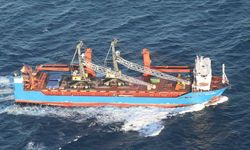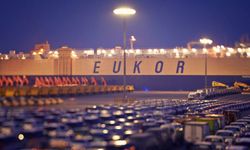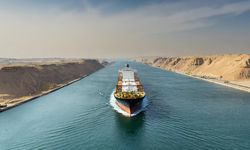The city is positioning itself to become a global leader in sustainable shipping fuel by promoting green marine fuel alternatives, including LNG and green methanol, which could drastically reduce the carbon footprint of international shipping.
The key objectives are impressive: reducing annual carbon emissions from shipping by at least 20% by 2030, 70% by 2040, and reaching net-zero emissions by 2050. Hong Kong's government will encourage companies to adopt green fuel bunkering through an incentive scheme, support the green transformation of ships, and help develop talent in the industry.
This move aligns with broader global efforts to decarbonize the maritime industry, which is responsible for around 3% of global carbon emissions. Countries like Singapore, the Netherlands, and China are already pursuing similar initiatives. China, in particular, is expected to play a leadership role in the transition to green fuels, given its commitment to peak carbon emissions by 2030 and achieve carbon neutrality by 2060.
Hong Kong's strategy is also driven by its desire to enhance its maritime competitiveness. The city is already a major global bunkering hub, ranking seventh globally in 2023, and it aims to strengthen this position by embracing cleaner energy sources. By facilitating the use of alternative fuels and fostering collaborations between the shipping and renewable energy sectors, Hong Kong hopes to lead the way in decarbonizing the maritime industry.
In addition to environmental benefits, the plan could boost Hong Kong’s standing as a major international shipping center, attracting more businesses and investments in green fuel technologies. As more nations and corporations shift toward sustainable practices, Hong Kong's proactive approach could position it as a critical player in the green transition of global shipping.






